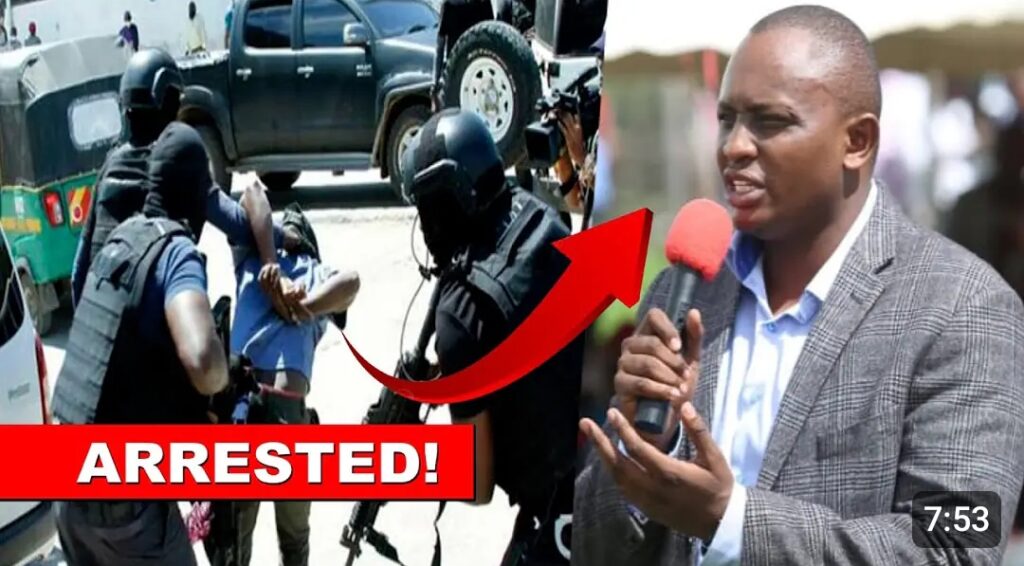Kajiado North Member of Parliament, Onesmus Ngogoyo, a prominent ally of former Deputy President Rigathi Gachagua, has raised concerns about the misuse of the criminal justice system for political intimidation.
On December 15, 2024, he received a summons via WhatsApp to appear before the Directorate of Criminal Investigations (DCI) regarding allegations of cyber harassment.
Upon his arrival at the DCI headquarters on December 16, he was informed that the matter had been deferred to a later date.
Ngogoyo suspects that his recent statements opposing the government’s planned mass livestock vaccination, scheduled for January 2025, may have prompted this action.
He has publicly criticized the initiative, expressing concerns about its potential impact on livestock and questioning the necessity of mandatory vaccinations.
The government, however, maintains that the vaccines are safe and locally produced by the Kenya Veterinary Vaccines Production Institute (KEVEVAPI).
This incident has sparked a broader debate about the potential use of state institutions to suppress dissenting political voices.
Ngogoyo and his supporters view the summons as an attempt to intimidate those aligned with Gachagua, raising fears of a return to an era where the criminal justice system was exploited for political purposes.
The situation underscores the ongoing tensions within Kenya’s political landscape, particularly concerning the balance between governmental authority and individual freedoms.
As the situation develops, it highlights the challenges faced by political figures who oppose certain government policies, and raises questions about the appropriate use of investigative agencies in addressing alleged offenses.
The outcome of this case may have significant implications for the relationship between the state and its critics, as well as for the perceived impartiality of Kenya’s criminal justice system.


